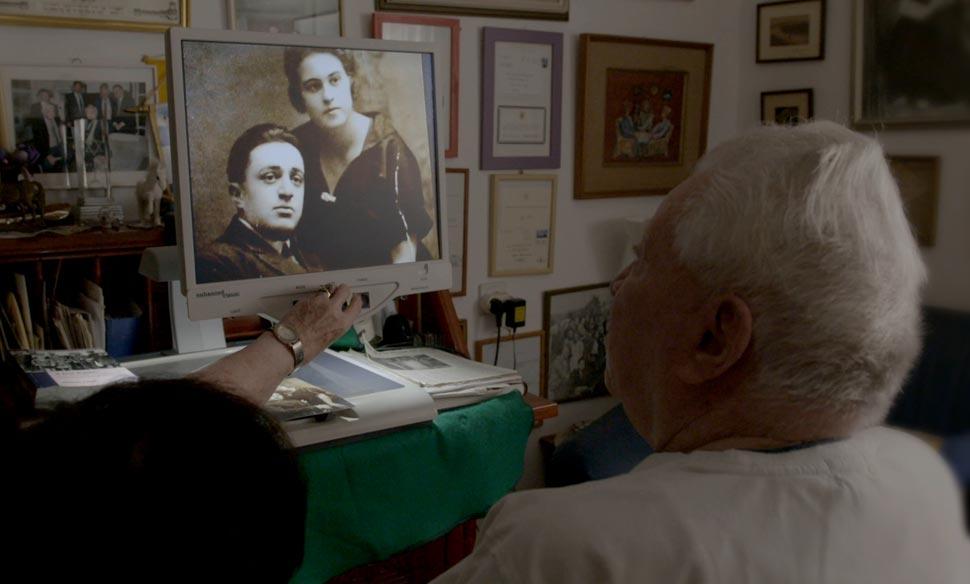Who was Moshe Waks really? A golden boy of cinema, cunning fraud or a man who constantly confused the illusion of film with reality? The son of a poor Jewish blacksmith from Ukraine, died in Italy as Prince Michaeł Waszyński, Hollywood producer and exiled Polish aristocrat. He made more than 50 films including cinema hits with Sophia Loren and Claudia Cardinale. However only one film was his true obsession—Der Dibuk (The Dybbuk)—based on an old Jewish legend, the most important and mystical Yiddish film ever made, directed by Waszyński shortly before the the outbreak of the World War II. To the american magazine “Variety” Waszyński once claimed to be fascinated with the downfall of great nations. The related imagery of pogroms and migration are the sights and images that Waszyński had so often witnessed in his life. It seems he had achieved almost everything he could possibly have wished, but something seemed to be stalking him, leaving him permanently restless. Waszyński kept searching for the lost print of his film Der Dibuk (The Dybbuk) which held his early memories of the jewish shtetl and his first love. What secrets did he keep hidden in this old masterpiece of Yiddish cinema?


